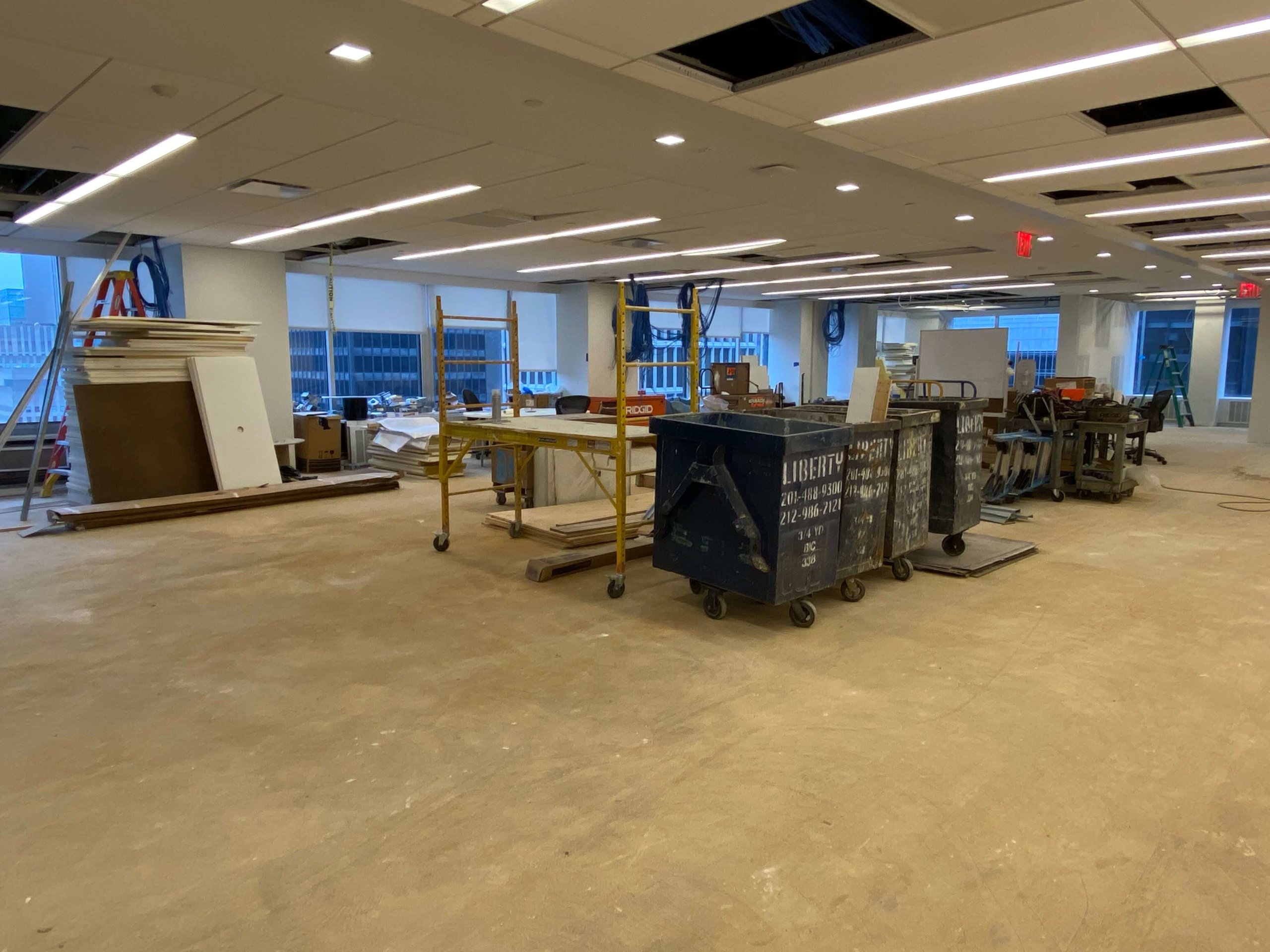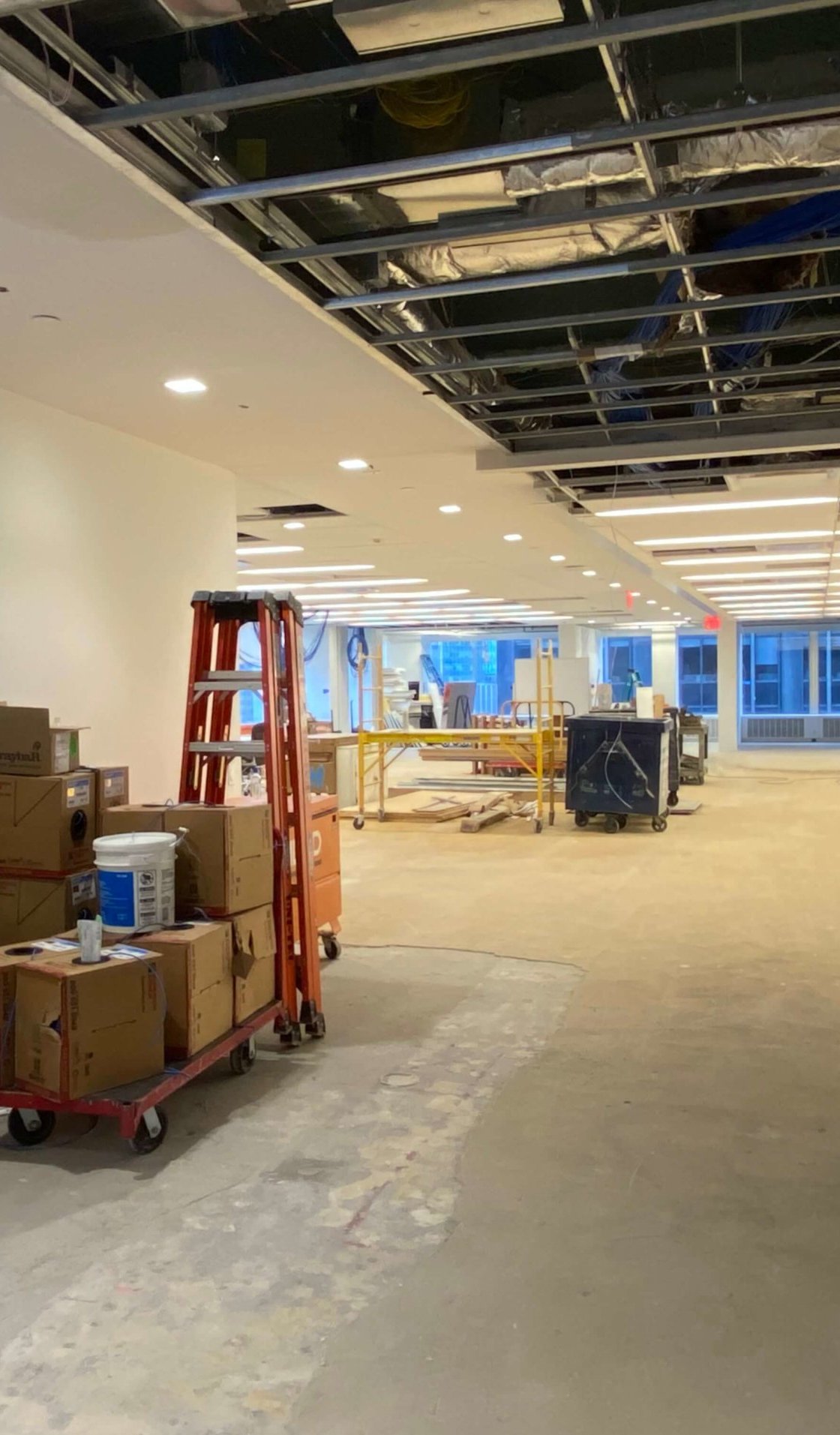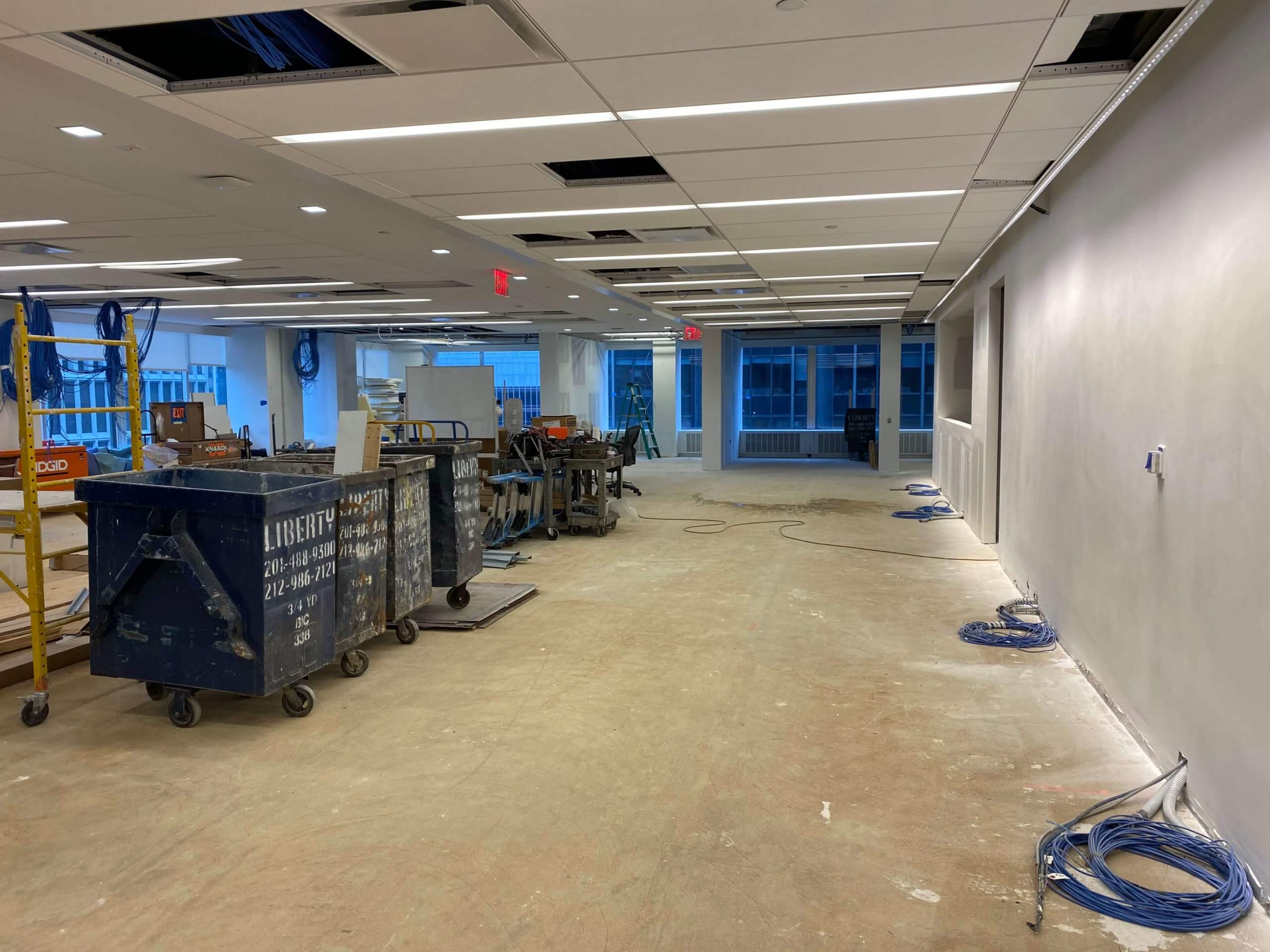General contractors are like dentists; people either view them as a necessary evil or a friend to help them deal with problems they can’t handle on their own. Similar to someone cracking their tooth after slipping on some ice after a snowstorm and needing emergency dental work, people often have issues with their home or office that require an emergency plumbing, electrical, carpentry, or other work that general contractors specialize in. Unfortunately, many people have bad experiences with general contractors and construction managers that spoil the reputation of the industry as a whole. Below are 10 key issues that indicate that you’re dealing with an undesirable general contractor in New York City:
1 General Contractors are service providers, full stop.
If the waiter at your favorite restaurant doesn’t check in on you until 45 minutes after your food is delivered and you’ve been waiting for a refill on your drink, you’re going to be frustrated. The same thing happens in general contractors. If the general contractor does not answer your calls or return your messages in a timely fashion, they are making it clear that you are not a priority client for them.
2Lack of Transparency.
General Contractors work on something very familiar to most people, but at a level that is extremely foreign. Everyone know what a wall looks like, but not many people know what is involved in laying out the design, shooting track, setting studs, fastening sheetrock, taping joints, and skim finishing for paint. And you know what? That’s completely fine. Most general contractors wouldn’t be able to tell you how to write a novel or code an iPhone app. The point is that general contractors need to do a good job of explaining why certain activities cost a certain amount of money and time. If your general contractor waves off any questions about process or progress, it’s time to look for someone who will take the time to explain the process and make you feel comfortable with your project.



3Unsafe Jobsite.
General Contractors receive a fee on all projects known as “General Conditions.” General Conditions relates to jobsite safety and clean-up. Every active project a professional general contractor works on should have at least one laborer on site every morning and afternoon to manage jobsite safety and cleanliness. If there are materials or equipment scattered throughout any job site in an unorganized or dangerous manner, call your General Contractor immediately and have him clean up the site or leave the site permanently. You should never accept an unsafe jobsite for any reason. We recently worked on a project for the Agricultural Bank of China over at 277 Park Avenue that saw over eleven trades working on the 20,000 SF floor plate at the same time on some days. When the principal architect walked on site for a weekly site meeting, he exclaimed how this was the cleanest and most orderly jobsite he had ever walked on. That’s exactly what every laborer should strive to hear on each of their job sites.
4 Lack of Consistent Subcontractors. Most general contractors, especially on commercial projects like office fit-outs, will hire a number of subcontractors for different specified trades. Certain trades require special licensure and training, such as fire protection, plumbing, electrical, and mechanical. If a General Contractor uses different subcontractors for each project they are working on, then there may be issues lying under the surface with respect to how well the General Contractor manages their projects or how well they manage their payments to subcontractors. Subcontractors who feel that their time is being wasted will end up charging more for the same services and may even file a lien against your project or building.
5 Lack of Problem Solving Skills. No set of design drawings is perfect. Even with world-class architects and engineers, each project will have challenges and issues that arise during the course of construction. Maybe there was a hidden riser behind a column that wasn’t shown on any as-builts so the architect’s exposed bare column design won’t work as planned. Maybe the state of the existing concrete slab isn’t good enough to receive the planned polish and stain that the client asked for. General Contractors, especially in New York City, are routinely dealing with hidden issues, especially in older Landmarked buildings. Without problem solving skills, your schedule and budget may suffer.

6Lack of Interpersonal Skills. General Contractors need to play politician, but instead of kissing babies and making speeches, they need to get to know doormen, porters, engineers, tenants, tenant vendors, and others. Go ahead and ask the doorman at the next building you walk into; each one of them has a favorite contractor and a least favorite contractor. I guarantee the favorite contractor can get the same work done in that building for a cheaper price because the building staff is willing to work with him to get the project complete.
7Lacking a Specialty. Each General Contractor is, by definition, a generalist. However, no one can skillfully do everything. For example, we specialize in interior projects. We know that both our team and our most trusted subcontractors are experts in interior commercial, residential, and hospitality/retail projects. That means that we are able to specialize and get the best possible price and product for our clients in the interior construction space. We have been approached to build new construction office buildings and chemical testing facilities, but we have turned those down because we knew that the clients, in that case, would be better served by a General Contractor who specializes in that type of work. You wouldn’t ask your favorite chef at a steakhouse to make you a bowl of chicken noodle soup; not because he wouldn’t be able to do it, but because that’s not the best use of his time or skills.
8Constant Change Orders. Just as every job has issues and problems unforeseen by the design team, nearly every job has additional work not included in the bid scope. No one gets additional work done for free, but some General Contractors nickel and dime people for any additional work that comes up during the job, which ends up leaving a bad taste in the client’s mouth; they feel like they’re being taken advantage of. Change orders aren’t an inherently bad thing; no one should be forced to work for free if the scope of work wasn’t defined or known during the bid phase. However, General Contractors that have good relationships with their subcontractors can typically have the subcontractors do minor favors every now and again that can avoid the need for some change orders and make the whole experience more pleasant for the client. This is important in building trust as a General Contractor as a partner.
9Rotating Cast of Employees. If you’re a property manager for a building that uses the same handful of General Contractors for your projects, you should expect to see the same project manager, site superintendent, and laborer on each project. They are the ones that know the building rules, have relationships with the building staff and tenants, and know what it takes to bring a project in on time and within budget for that building. They know how the freight entrance works, they know when deliveries can be made, they know when garbage pickup can be scheduled. Don’t discount the experience and loyalty of employees to their company.
If they’re good to their people internally, they’ll typically be good to people outside of their organization.
10. Lack of Social Presence.
We live in a digital age where everything is online. 25 years ago, most General Contractors didn’t have a website. Most had an ad in the Yellow Pages and sponsored a local soccer team to get their name out there. Today, every serious General Contractor has spent the time and money to bring their digital presence up to par. It’s not about developing business or leads through a website; it’s about letting your clients and potential clients know that you’re serious about the business and are willing to change and adapt to the new way of operating. Construction in New York City is historically an old boys club very resistant to change. Find yourself a General Contractor that isn’t afraid to showcase their work and adapt to a new age of construction.